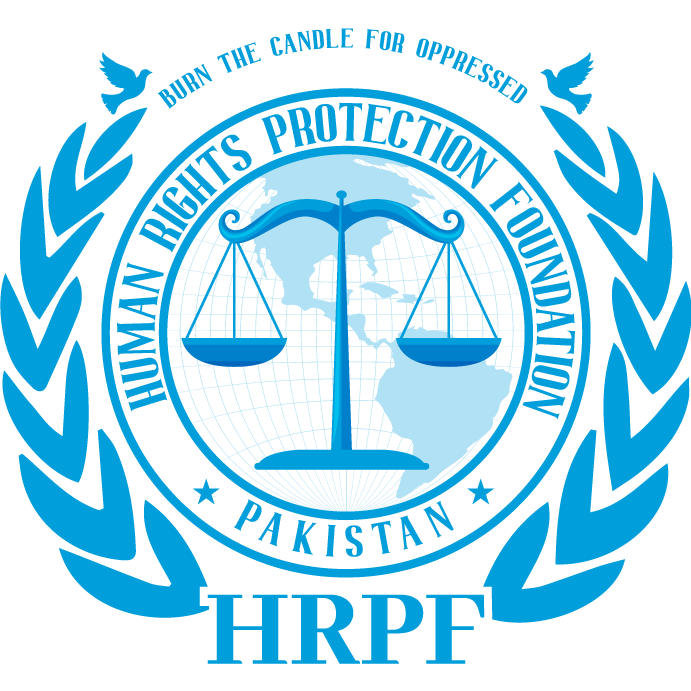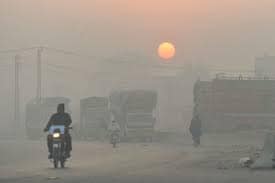THE HUMAN RIGHTS PROTECTION FOUNDATION (HRPF) IN PAKISTAN HAS HIGHLIGHTED ENVIRONMENTAL CONCERNS IN PUNJAB , addressing issues such as pollution, deforestation, and the effects of climate change on human rights. Punjab faces severe environmental challenges due to industrial emissions, agricultural waste, and a lack of waste management infrastructure, leading to contaminated water, air pollution, and health hazards.
Key solutions proposed by Human Rights Protection Foundation. and similar environmental bodies focus on enforcing stricter environmental regulations, promoting sustainable agricultural practices, and enhancing urban waste management systems. Additionally, HRPF advocates for climate-resilient policies to protect vulnerable communities, especially rural populations, from climate impacts such as flooding and heatwaves. Expanding green spaces, increasing renewable energy adoption, and supporting reforestation initiatives are also crucial steps suggested to improve the environmental and social resilience of Punjab’s communities.
These actions align with international recommendations for developing regions, which emphasize human rights as fundamental to climate adaptation strategies. By focusing on sustainable development and the protection of basic human rights—including access to clean water, health, and a safe environment—HRPF aims to enhance both environmental conditions and community resilience across Punjab.
Human Rights Protection Foundation, along with various organizations, has been actively addressing environmental issues in Punjab, where air and water pollution, as well as groundwater depletion, are significant concerns.
1. **Air Pollution**: Punjab, particularly Lahore, faces severe air quality issues, with high levels of pollutants like PM2.5. The International Growth Centre (IGC) has collaborated with Punjab’s Environmental Protection Agency (EPA) to enforce emission standards and promote industrial compliance. Key measures include converting brick kilns to the energy-efficient Induced Draft Zigzag Kiln (IDZK) technology, which reduces fuel use and emissions, and implementing vehicular emissions checks to manage pollution from transportation sources.
2. **Water Pollution and Conservation**: Groundwater over-extraction and pollution from industrial discharge have worsened water scarcity. Collaborative efforts with the Judicial Water and Environmental Commission (JWEC) have led to closing polluting industries, installing treatment facilities, and promoting water recycling systems in industries and housing areas. Additionally, the construction of rainwater harvesting systems has helped conserve water, and steps have been taken to regulate groundwater use, preventing further depletion.
3. **Judicial and Policy Initiatives**: The judicial system, including environmental magistrates, has played a critical role in enforcing the Pakistan Environmental Protection Act (PEPA) by penalizing non-compliance and strengthening the EPA’s enforcement capabilities. The Bhurban Declaration and the Lahore High Court’s environmental activism also underscore the role of judiciary in advancing environmental protection.
For a sustainable future, these initiatives are crucial, but they need continuous reinforcement and community engagement to address Punjab’s complex environmental challenges effectively.
Human Rights Protection Foundation.





